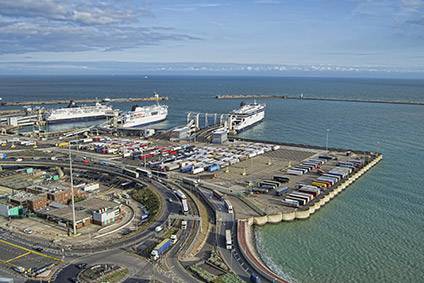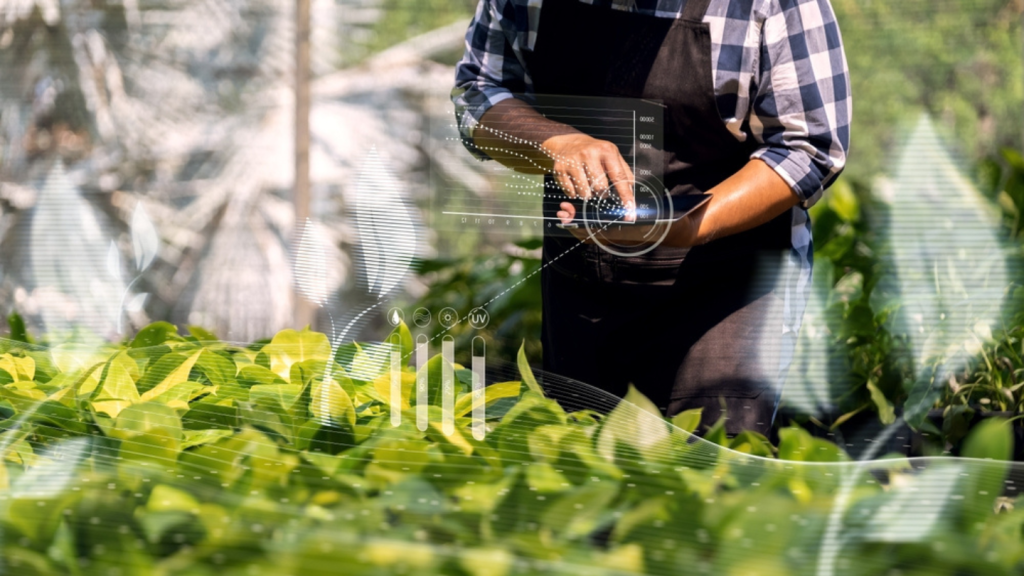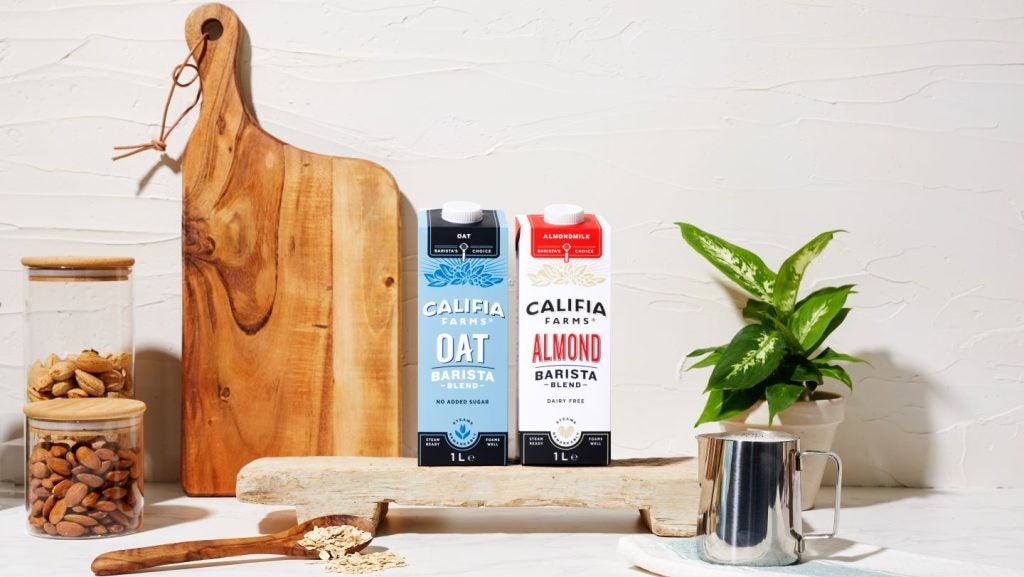
There are indications UK exports of meat, seafood and dairy to the EU are recovering, the country’s government has suggested.
Speaking to legislators yesterday (25 March), the UK’s Department for Environment, Food & Rural Affairs (Defra) said there are signs trade was “picking up” from a slump in January in the wake of the country formally leaving the EU’s single market and customs union on 31 December.
However, George Eustice, the UK Secretary of State, cautioned some of the country’s exporters may ultimately find it difficult to see their exports to the EU return to previous levels.
Addressing the UK House of Commons Environment, Food and Rural Affairs Committee, David Kennedy, Defra director-general for farming and biosecurity, said Government data showed exports “were around about 40% of normal levels in January.”
Full statistics on exports in February are not yet available but Kennedy suggested data on the application by companies for export health certificates, “particularly for dairy and meat”, showed trade had doubled last month from January.
How well do you really know your competitors?
Access the most comprehensive Company Profiles on the market, powered by GlobalData. Save hours of research. Gain competitive edge.

Thank you!
Your download email will arrive shortly
Not ready to buy yet? Download a free sample
We are confident about the unique quality of our Company Profiles. However, we want you to make the most beneficial decision for your business, so we offer a free sample that you can download by submitting the below form
By GlobalDataSee Also:
“We think we’re about 20% down post-January on the previous year. We know that the export health certificates that were assigned in February have doubled relative to January and they’ve held up at those February levels now,” he said.
Earlier this week, UK industry body The Food and Drink Federation said the value of the country’s food and drink exports to the EU tumbled by more than three-quarters in January (https://www.just-food.com/news/uk-food-drink-exports-to-eu-slump-post-brexit_id145408.aspx).
“Impacts of Covid and stockpiling by UK businesses in the EU ahead of the end of the transition period were contributing factors, but much of this is likely due to new non-tariff barriers faced by UK exporters and the collapse of groupage movements which has shut out many SME exporters,” the FDF noted.
Eustice told the Defra committee stockpiling had been a factor in the year-on-year fall in exports to the EU in January, as had been “caution” among some businesses “about entering the market” during the month.
Citing the seafood sector, a UK industry particularly hit in the early weeks of the year, Eustice said the number of lorries exporting fish was on the rise, although he conceded the Government did not yet know how full the trucks were.
“It’s getting back closer to where we would normally be. We’ve also in the background got the coronavirus pandemic and the lockdowns in the EU. The EU market’s also very weak at the moment because of the closure of the restaurant and service trade.”
Kennedy told the committee exporters were no longer facing the same problems with new customs regulations and paperwork that they had in January and suggested the situation differed by type of shipment.
“Things are picking up,” he said. “Barriers are falling over time. What’s coming up now is not the fundamental questions we were seeing in January. It’s minutiae. Stuff turning up at the border in France pretty much has the correct paperwork – 90% now has the correct paperwork – the rest doesn’t get stopped and turned back. It takes a little bit longer to get through. It’s very much a learning process.
“It’s very specific to the product. It’s not the basic stuff that is difficult to export. It’s the smaller stuff and the composites, the more complex products, and we’re working to get solutions there. We would hope over time we can bounce back across the piece on the different things. How long will that take? We are working actively on it.”
However, Kennedy conceded groupage remained an issue. “Groupage to the Continent is very difficult but we are working on solutions that will bring back groupage,” he said.
James Withers, chief executive of trade body Scotland Food & Drink, said today the new rules governing trade between the UK and the EU “continue to make exports of consolidated loads via groupage massively problematic”.
He added: “Our intelligence tells us that even where sectors can access groupage (seafood for example), volumes remain thin. For other businesses, including across red meat, ambient products and alcoholic drinks, many businesses can’t find any logistics company willing to take their consignments as part of a groupage load.”
Pressed, meanwhile, by the committee on whether export volumes in seafood could return to levels seen in 2019 when the UK, while having left the EU, was still part of the single market and customs union, Eustice said there would be “challenges” for “particular pockets”.
He said: “The salmon sector, which is very large and organised and sends large consignments in articulated lorries, and also the pelagic sector that exports predominantly frozen mackerel and herring that is often redistributed around the world from Rotterdam, those sectors probably will be largely unaffected and will cope with these new processes without too much difficulty.
“If you go to the other end of the spectrum, there’s a real problem with live bivalve molluscs and also probably some other shellfish where it’s a bit more perishable, where the trade tends to be built around small consignments to small customers, they also may find it a little bit harder to return to their normal levels.”








